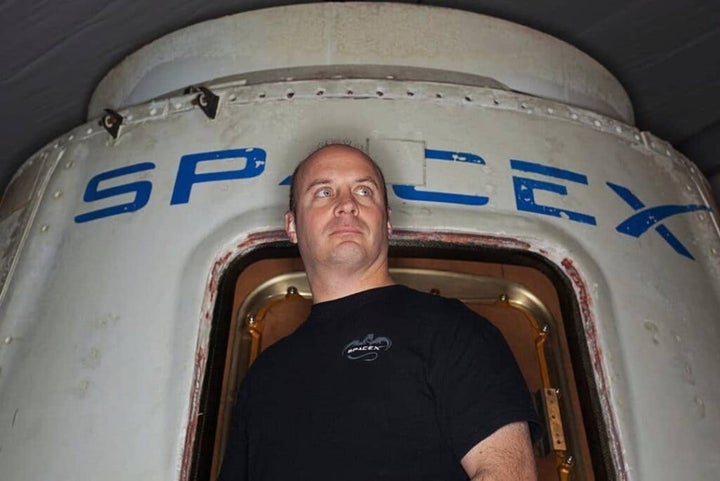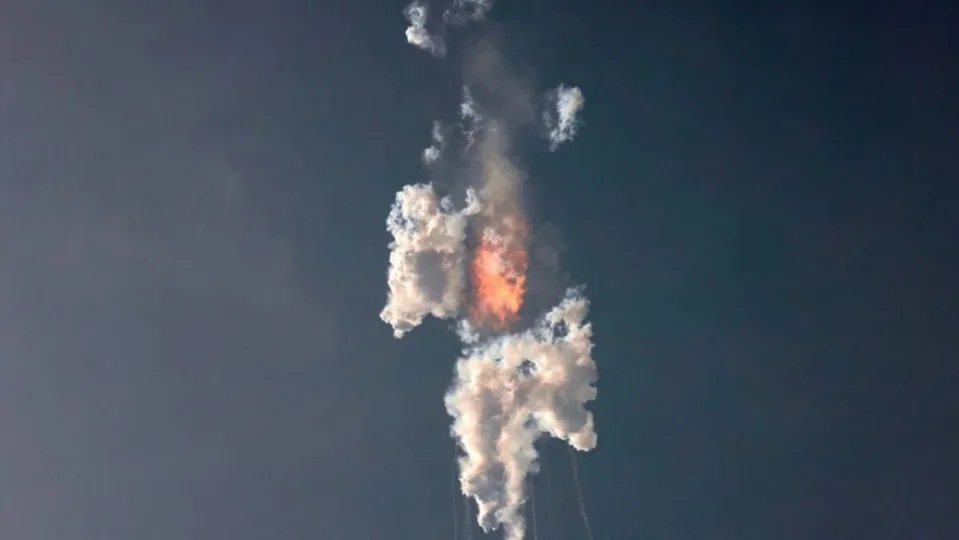April 20 was a full day for Elon Musk. On the one hand, he ended up fulfilling his announcement to eliminate the legacy checkmarks on Twitter (the verified ones from before he took over the company). On the other hand, his brand new Starship rocket, with which he intends for humans to travel to the Moon and Mars, exploded minutes after takeoff, thus achieving the Guinness World Record for the most expensive fireworks show in history (just kidding… for now).
However, according to Reuters, both Musk himself and many aerospace engineering experts prefer to embrace the concept of “successful failure”. Yes, surely at some point you’ve been told something like “if you fall down you should get up” or “failure is good because it makes you better”. Well, Musk and his company SpaceX are going full steam ahead with this dogma. And the funniest thing of all is that they may even be right (in this context).
Although Starship ended up in pieces during its test, it must be recognized that Musk was the first to doubt the resounding success of the rocket test, which had to be postponed this week after detecting a technical problem shortly before ignition. Unlike NASA, SpaceX has a different strategy when it comes to developing and perfecting its spacecraft.

What does NASA do? It does a lot of research, over long periods of time. Invest millions of dollars in the most qualified personnel on Earth to create space vehicles and, after a long (long) time developing and perfecting their prototypes, finally test them, with high guarantees of success.
Musk and SpaceX are going another way. Yes, destroying the “world’s largest and most powerful rocket” is not cheap at all, and neither is rebuilding it from scratch, but, according to the calculations of the company and experts in the field, this modus operandi of shortening the development times of the spacecraft and testing them again and again (with their respective failures), would be more profitable for the company, which would collect valuable data with each failure.
“While that rocket costs a lot of money, what really costs a lot of money is people’s salaries,” stated Garrett Reisman, a professor of astronautical engineering at the University of Southern California, a former NASA astronaut and also a senior advisor to SpaceX.

Reisman says that precisely “this acceptance of failure when the consequences of failure are low” is a hallmark of SpaceX compared to traditional aerospace companies. With no people aboard the spacecraft and liftoff in an area surrounded by water, the only regret was the loss of the rocket, which is developed so that (when all goes well) it can be reused after each mission.
To Caesar what is Caesar’s: Musk’s failure yesterday may have been more beneficial than detrimental to him and his company. After the big explosion of this April 20, the company has very useful information that would increase the guarantees of success of future Starship tests. Will we see more explosions?
Some of the links added in the article are part of affiliate campaigns and may represent benefits for Softonic.


